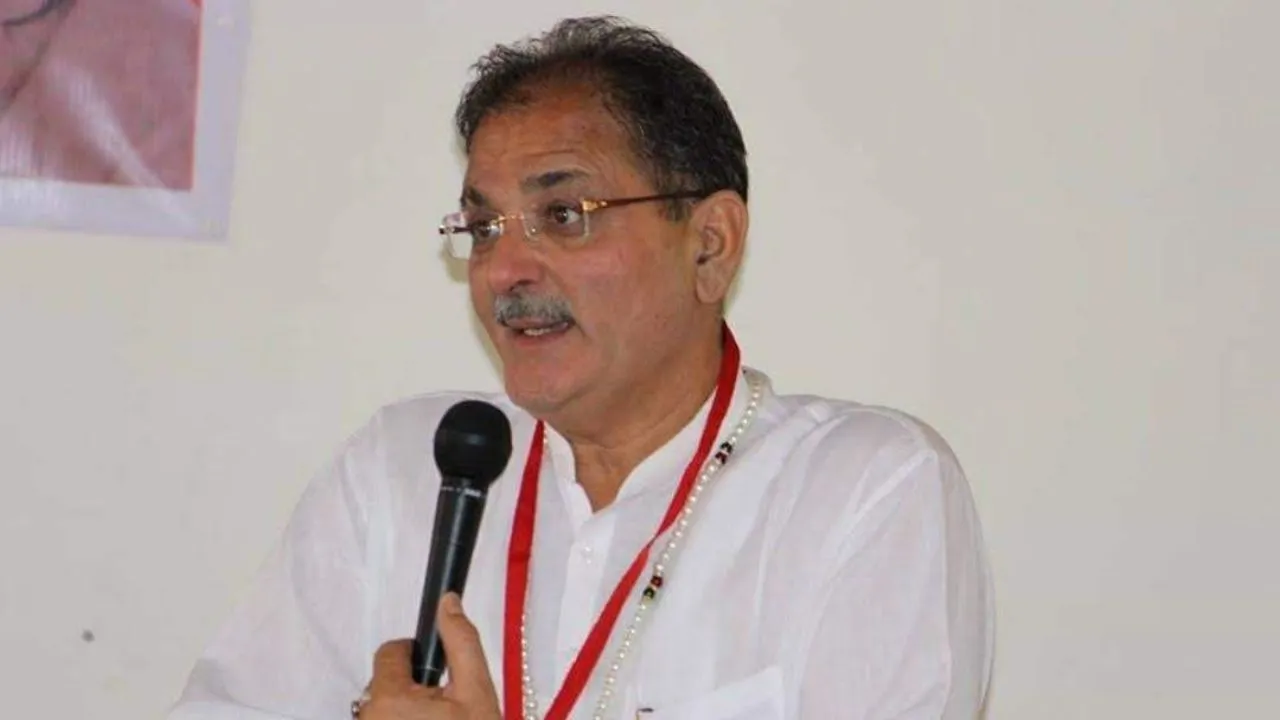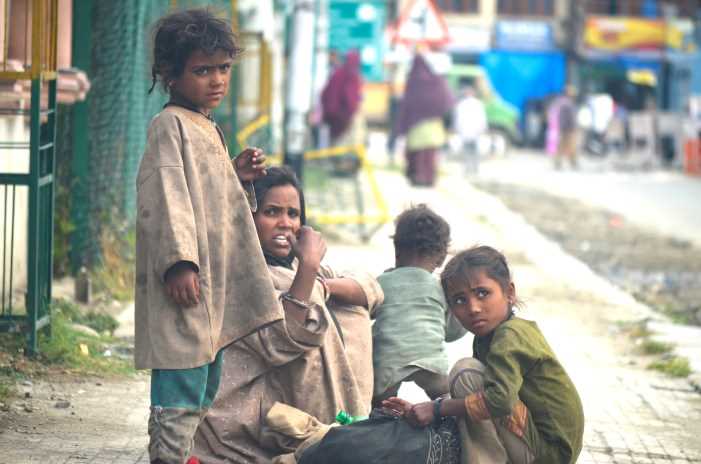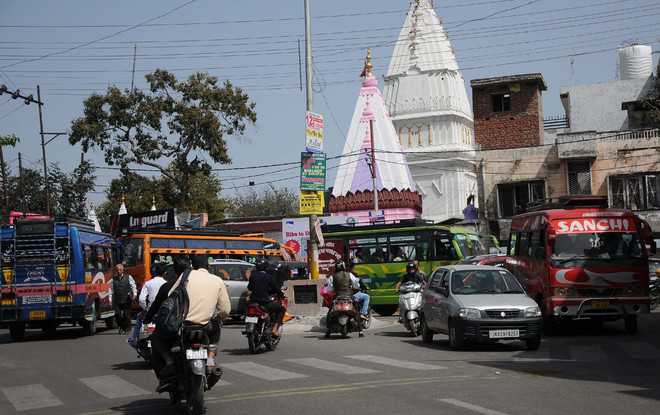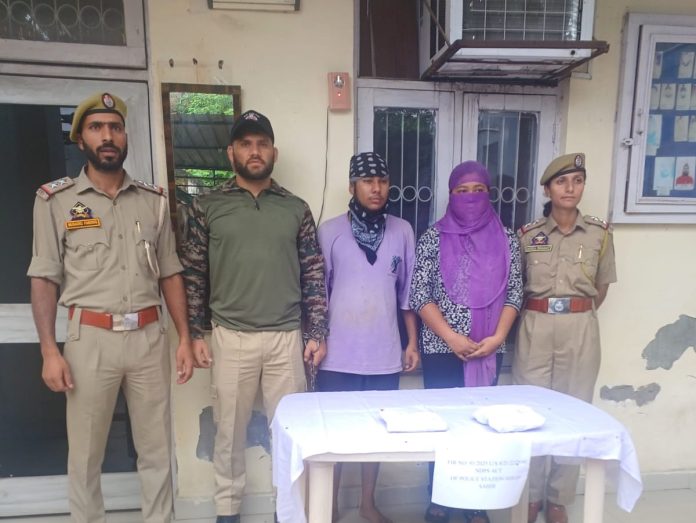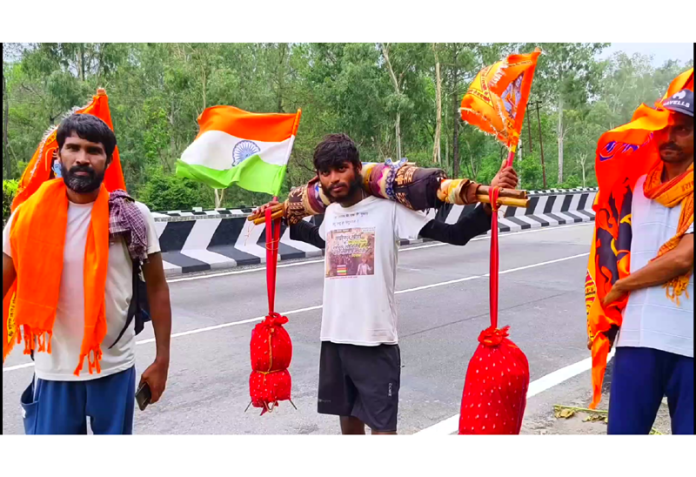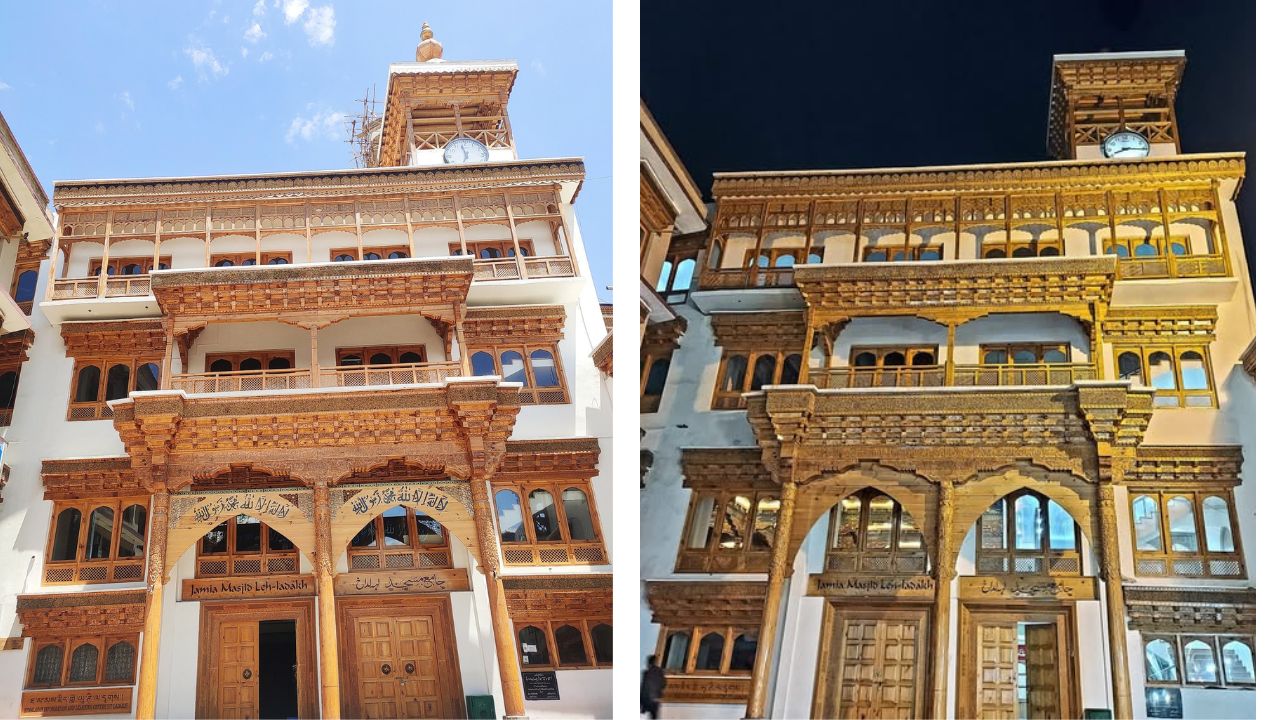Jammu & Kashmir, with its rich cultural heritage and picturesque landscapes, is not only a haven for tourists but also a fertile ground for Businesses. The Prime Minister’s Employment Generation Programme (PMEGP) is a flagship initiative by the Government of India aimed at generating self-employment opportunities through the establishment of micro-enterprises.
The Ministry of Micro, Small, and Medium Enterprises (MSME Ministry) manages the Prime Minister’s Employment Generation Programme, a sort of credit-linked subsidy scheme. The nodal agency for implementing this scheme has been designated as the Khadi Village Industry Commission Nodal Agency (KVIC).
Understanding the PMEGP Scheme For Starting Business In Jammu & Kashmir
The PMEGP scheme is a credit-linked subsidy program administered by the Ministry of Micro, Small, and Medium Enterprises (MSME). It aims to provide financial assistance to individuals for setting up new business in non-farm sectors. The scheme encourages the creation of employment opportunities in rural and urban areas by providing a subsidy on loans taken for establishing new businesses.
In Jammu & Kashmir, KVIC, KVIB, and District Industries Centre of Industries & Commerce Department and J&K Khadi & Village Industries Board of Government of Jammu and Kashmir will implement this plan.
Eligibility Criteria
To benefit from the PMEGP scheme, certain eligibility criteria must be met:
- Any individual, above 18 years of age
- There will be no income ceiling for assistance for setting up projects under PMEGP.
- For setting up of project costing above Rs.10 lakh in the manufacturing sector and above Rs. 5 lakh in the business /service sector, the beneficiaries should possess at least VIII standard pass educational qualification.
- Assistance under the Scheme is available only for new projects sanctioned specifically under the PMEGP.
- Self Help Groups (including those belonging to BPL provided that they have not availed benefits under any other Scheme) are also eligible for assistance under PMEGP.
- Institutions registered under Societies Registration Act, 1860.
- Production Co-operative Societies
- Charitable Trusts.
- Existing Units (under PMRY, REGP or any other scheme of Government of India or State Government) and the units that have already availed Government Subsidy under any other scheme of Government of India or State Government are not eligible.

Read also: Top 10 Business Ideas In Jammu & Kashmir
Other Eligibility Conditions:
(i) A certified copy of the caste/community certificate or relevant document issued by the competent authority in the case of other special categories, is required to be produced by the beneficiary to the concerned branch of the Banks along with the Margin Money (subsidy) Claim.
(ii) A certified copy of the bye-laws of the institutions is required to be appended to the Margin Money (subsidy) Claim, wherever necessary.
(iii) Project cost will include Capital Expenditure and one cycle of Working Capital. Projects without Capital Expenditure are not eligible for financing under the Scheme. Projects costing more than Rs.5 lakh, which do not require working capital, need clearance from the Regional Office or Controller of the Bank‟s Branch and the claims are required to be submitted with such certified copy of approval from Regional Office or Controller, as the case may be.
(iv) Cost of the land should not be included in the Project cost. Cost of the ready built as well as long lease or rental Work-shed/Workshop can be included in the project cost subject to restricting such cost of ready built as well as long lease or rental workshed/workshop to be included in the project cost calculated for a maximum period of 3 years only.
(v) PMEGP is applicable to all new viable micro enterprises, including Village Industries projects except activities indicated in the negative list of Village Industries. Existing/old units are not eligible (Para 29 of the guidelines refers).
Note:
(1) The Institutions/Production Co-operative Societies/Trusts specifically registered as such and SC/ ST/ OBC/ Women/ Physically Handicapped / Ex-Servicemen and Minority Institutions with necessary provisions in the bye- laws to that effect are eligible for Margin Money (subsidy) for the special categories. However,
for Institutions /Production Cooperative Societies/Trusts not registered as belonging to special categories, will be eligible for Margin Money (Subsidy) for general category.
(2) Only one person from one family is eligible for obtaining financial assistance for setting up of projects under PMEGP. The family includes self and spouse.
Moreover, beneficiaries should not have availed any subsidy under the PMEGP scheme previously.
Financial Assistance in PMEGP
The financial assistance provided under the PMEGP scheme includes:
- Margin Money Subsidy: Ranges from 15% to 35% of the project cost, depending on the category of the applicant and the area of operation (urban/rural).
- Bank Loan: Constitutes 90% to 95% of the project cost.
Levels of funding under PMEGP
| Categories of beneficiaries under PMEGP | Beneficiary’s contribution(of project cost) | Rate of Subsidy(of project cost) | Rate of Subsidy(of project cost) |
| Area (location of project/unit) | Urban | Rural | |
| General Category | 10% | 15% | 25% |
| Special (including SC / ST / OBC/Minorities/Women, Ex-servicemen, Physically handicapped, NER, Hilland Border areas etc. | 05% | 25% | 35% |
Note: (1) The maximum cost of the project/unit admissible under manufacturing sector is Rs. 25 lakh.
(2) The maximum cost of the project/unit admissible under business/service sector is Rs. 10 lakh.
(3) The balance amount of the total project cost will be provided by Banks as term loan
Bank Finance for PMEGP
- The Bank will sanction 90% of the project cost in case of General Category of beneficiary/institution and 95% in case of special category of the beneficiary/institution, and disburse full amount suitably for setting up of the project.
- Bank will finance Capital Expenditure in the form of Term Loan and Working Capital in the form of cash credit. Project can also be financed by the Bank in the form of Composite Loan consisting of Capital Expenditure and Working Capital. The amount of Bank Credit will be ranging between 60-75% of the total project cost after deducting 15-35% of margin money (subsidy) and owner‟s contribution of 10% from beneficiaries belonging to general category and 5% from beneficiaries belonging to special categories. This scheme will thus require enhanced allocations and sanction of loans from participating banks. This is expected to be achieved as Reserve Bank of India (RBI) has already issued guidelines to the Public Sector Banks to ensure 20 % year to year growth in credit to MSME Sector. SIDBI is also strengthening its credit operations to micro enterprises so as to cover 50 lakh additional beneficiaries over five years beginning 2006-07, and is recognized as a participating financial institution under PMEGP besides other scheduled/Commercial Banks.
- Though Banks will claim Margin Money (subsidy) on the basis of projections of Capital Expenditure in the project report and sanction thereof, Margin Money (subsidy) on the actual availment of Capital Expenditure only will be retained and excess, if any, will be refunded to KVIC, immediately after the project is ready for commencement of production.
- Working Capital component should be utilized in such a way that at one point of stage it touches 100% limit of Cash Credit within three years of lock in period of Margin Money and not less than 75% utilization of the sanctioned limit. If it does not touch aforesaid limit, proportionate amount of the Margin Money (subsidy) is to be recovered by the Bank/Financial Institution and refunded to the KVIC at the end of the third year.
- Rate of interest and repayment schedule Normal rate of interest shall be charged. Repayment schedule may range between 3 to 7 years after an initial moratorium as may be prescribed by the concerned bank/financial institution. It has been observed that banks have been routinely insisting on credit guarantee coverage irrespective of the merits of the proposal. This approach needs to be discouraged. RBI will issue necessary guidelines to the Banks to accord priority in sanctioning projects under PMEGP. RBI will also issue suitable guidelines as to which RRBs and other banks will be excluded from implementing the Scheme.
Application Process for PMEGP In Jammu and Kashmir
In Jammu & Kashmir, the Scheme will be implemented through State KVIC Directorates, State Khadi and Village Industries Boards (KVIBs) and District Industries Centres (DICs) and banks. The Government subsidy under the scheme will be routed by KVIC through the identified Banks for eventual distribution to the beneficiaries/entrepreneurs in their Bank accounts. The Implementing Agencies, namely KVIC, KVIBs and DICs will associate reputed Non-Government Organization (NGOs)/reputed autonomous institutions/Self Help Groups (SHGs)/ National Small Industries Corporation (NSIC)/Udyami Mitras empanelled under Rajiv Gandhi Udyami Mitra Yojana (RGUMY), Panchayati Raj institutions and other relevant bodies in the implementation of the Scheme, especially in the area of identification of beneficiaries, of area specific viable projects, and providing training in entrepreneurship development. By visiting www.kvic.org.in or kviconline.gov.in/pmegpeportal, you can apply.
The application process for the PMEGP scheme is streamlined and user-friendly:
- Registration: Visit the official PMEGP e-portal and register by providing basic details.
- Application Form: Fill out the online application form with detailed information about the project.
- Document Submission: Upload necessary documents such as project report, ID proof, address proof, and caste certificate (if applicable).
- Bank Selection: Choose a preferred bank for loan disbursement.
- Final Submission: Submit the application form for processing.
Click following link to Visit portal PMEGP Portal: https://www.kviconline.gov.in/pmegpeportal/pmegphome/index.jsp
Read also: Complete Guide to Zomato Delivery Jobs in Jammu & Kashmir – Salary, Timings, and Required Documents
Key Benefits of Starting a Business in Jammu & Kashmir
Starting a business in Jammu & Kashmir under the PMEGP scheme offers several unique advantages:
Government Support
The government of Jammu & Kashmir, in collaboration with the central government, provides extensive support to entrepreneurs through various schemes and initiatives. This includes financial subsidies, tax exemptions, and technical assistance.
Natural Resources
Jammu & Kashmir is rich in natural resources, offering immense potential for businesses in sectors like agriculture, horticulture, and handicrafts. The availability of raw materials at lower costs gives a competitive edge to enterprises.
Tourism Industry
The thriving tourism industry in Jammu & Kashmir provides a vast market for businesses in the hospitality, travel, and adventure sports sectors. Entrepreneurs can leverage the influx of tourists to offer innovative services and products.
Skilled Workforce
The region boasts a skilled and semi-skilled workforce, particularly in traditional crafts like shawl weaving, carpet making, and papier-mâché. This talent pool can be harnessed to produce high-quality products for domestic and international markets.
Step-by-Step Guide to Starting a Business Under PMEGP in Jammu & Kashmir
1. Idea Generation and Feasibility Study
Identify a viable business idea that aligns with your skills and the resources available in Jammu & Kashmir. Conduct a feasibility study to assess the market demand, competition, and profitability.
2. Preparation of Project Report
Draft a comprehensive project report detailing the business plan, financial projections, and operational strategy. This report is crucial for securing funding under the PMEGP scheme.
3. Training and Skill Development
Enroll in entrepreneurship development programs and skill development courses offered by government agencies and NGOs. Training enhances your managerial capabilities and increases the chances of business success.
4. Application Submission
Submit your application online through the PMEGP portal, ensuring all necessary documents are uploaded. Follow up with the concerned authorities to track the progress of your application.
5. Securing Finance
Upon approval of the application, the bank will sanction the loan amount. Ensure compliance with the terms and conditions of the loan agreement and utilize the funds judiciously.
6. Business Setup and Operations
Establish the business infrastructure, procure necessary equipment and raw materials, and commence operations. Focus on quality control and customer satisfaction to build a loyal customer base.
7. Marketing and Promotion
Develop a marketing strategy to promote your products or services. Utilize digital marketing tools, social media platforms, and local advertising channels to reach your target audience.
Success Stories from Jammu & Kashmir
1. Handicrafts and Handloom Industry
Several artisans in Jammu & Kashmir have successfully set up micro-enterprises in the handicrafts and handloom industry under the PMEGP scheme. Their products, such as Pashmina shawls, Kashmiri carpets, and walnut wood carvings, have gained international acclaim.
2. Agro-based Industries
Entrepreneurs have leveraged the region’s agricultural wealth to establish businesses in organic farming, saffron cultivation, and fruit processing. These ventures have not only created employment but also boosted the local economy.
3. Tourism and Hospitality
The tourism sector has seen a surge in innovative startups offering eco-friendly accommodations, adventure tours, and cultural experiences. These businesses cater to the growing number of tourists seeking unique and sustainable travel options.
Challenges and Solutions
Infrastructure Development
While Jammu & Kashmir offers numerous opportunities, infrastructure development remains a challenge. The government is actively investing in improving connectivity, power supply, and communication networks to support business growth.
Access to Finance
Access to finance can be a hurdle for many entrepreneurs. The PMEGP scheme addresses this issue by providing collateral-free loans and subsidies. Entrepreneurs should also explore other funding options such as venture capital and angel investors.
Market Access
Reaching broader markets is essential for business sustainability. Entrepreneurs should leverage e-commerce platforms and participate in trade fairs and exhibitions to showcase their products to a global audience.
The PMEGP scheme is a beacon of hope for aspiring entrepreneurs in Jammu & Kashmir, offering financial aid and support to turn business ideas into reality. By leveraging government initiatives, natural resources, and the region’s skilled workforce, entrepreneurs can build successful enterprises that contribute to the socio-economic development of Jammu & Kashmir.
Source: PMEGP e-PORTAL


